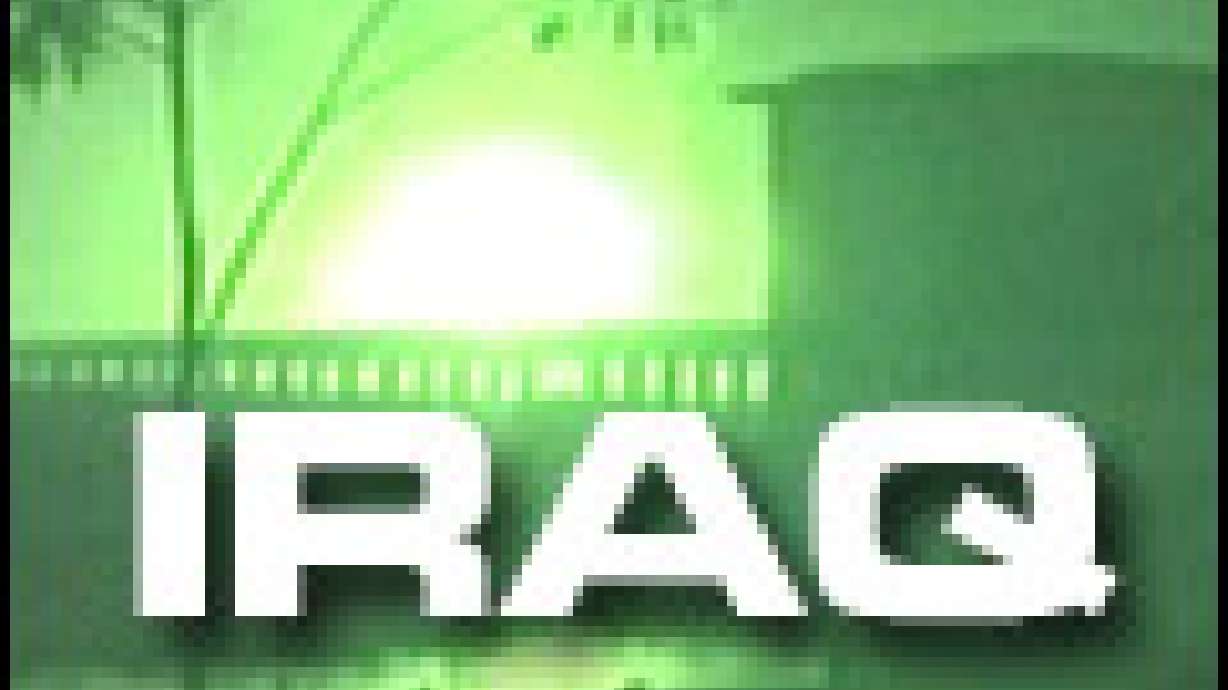Estimated read time: 2-3 minutes
This archived news story is available only for your personal, non-commercial use. Information in the story may be outdated or superseded by additional information. Reading or replaying the story in its archived form does not constitute a republication of the story.
LONDON (AP) -- There is no doubt that Saddam Hussein had weapons of mass destruction, Prime Minister Tony Blair said Monday, predicting that evidence would also emerge linking the former Iraqi leader to terrorist groups.
Speaking at his monthly news conference, Blair told reporters that coalition forces had identified around 1,000 Iraqi sites they wished to search for banned weapons, but said rebuilding the country was a bigger priority than finding illegal arms.
"There isn't any doubt that Iraq has had weapons of mass destruction," Blair said. "That is not in dispute, not by anybody. I remain confident they will be found."
Saddam's alleged program to develop biological, chemical and nuclear arms was the main justification for U.S.-led military action against Iraq. But no such weapons were used against invading coalition forces, and Blair's critics say the failure so far to find illicit arms proves war was unnecessary.
There have so far been no confirmed discoveries of weapons of mass destruction by coalition troops.
Blair suggested Saddam hid his banned weapons before the arrival of U.N. inspectors.
"If they were systematically concealed, they might not have been available for use in a conflict," he said. "It does not in the least follow from that that they couldn't have been reconstituted had we all left Iraq and the weapons inspectors not been able to carry out their job."
Blair appeared to suggest that although Saddam might not have used weapons of mass destruction in combat, the arms risked getting into the hands of terrorists.
"As more intelligence emerges, in particular from inside Iraq and the former Iraqi intelligence unit, I think you will find increasing evidence of links between the previous Iraqi regime and terrorist organizations," he said.
Part of President Bush administration's justification for going to war in Iraq was its allegation that Iraq had ties to terror groups, including al-Qaida. Last week, U.S. officials announced the capture of Farouk Hijazi, a former high-ranking Iraqi intelligence official with possible al-Qaida links.
Blair said there was a need for a process of "independent verification" of Iraq's weapons program, but didn't say whether he believed that task should fall to the United Nations.
In an interview published earlier Monday, the prime minister said French President Jacques Chirac's vision of a multipolar world risks deepening divisions between Europe and the United States.
Blair, whose ties with Chirac have been strained by France's opposition to the war in Iraq, said Chirac's vision of a European Union that could rival the United States risked destabilizing the international community.
Chirac has called for a multipolar world in which a strong European Union would act as a counterweight to "unilateral" U.S. foreign policy.
Blair favors "one polar power which encompasses a strategic partnership between Europe and America."
(Copyright 2003 by The Associated Press. All Rights Reserved.)









